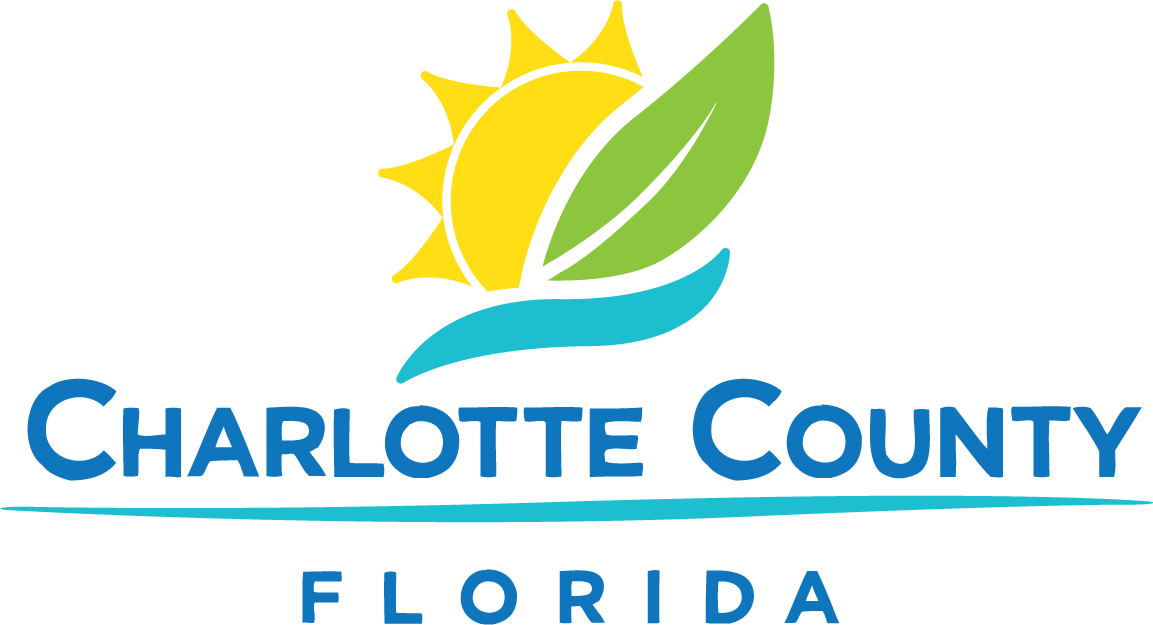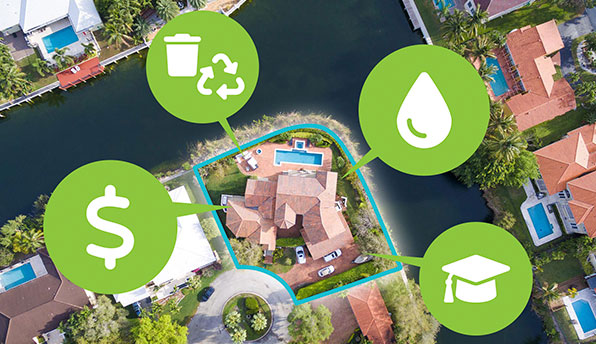The biggest rewards sometimes take the smallest efforts. You can be a steward to our water resources every day by making with these simple acts. With the resources below, doing the right thing never gets easier.
Disposing of household hazardous waste can be tricky. It is never ok to put these down the drain whether you are on a septic system or central sewer. Improperly disposing of these items can impact water quality in downstream waterways, plug up septic or sewer systems and can cause County infrastructure to fail. The County’s Solid Waste Department provides opportunities for residents to dispose of household items properly.
Need to drain your pool? When it enters surface waters, water treated with chemicals such as chlorine, bromine and salt harms local water quality and is toxic to wildlife and fish. It is important to dechlorinate the water to avoid doing harm. Chlorine levels should be lower than 0.5 mg/L before draining. A good practice is to stop adding chemicals 3 days prior to draining your pool to reduce the chance of unintended harm.
Pet waste that is improperly disposed of can have surprising negative effects in the watershed. Pet waste can carry diseases and pathogens to local wildlife and other pets. The bacteria from pet waste can pollute local waterways and can lead to beach closures.
Failing septic systems are a difficult and expensive problem. These failures add pollution such as bacteria and nutrients to our local waterways. Routine septic care can keep your septic working efficiently and prolong the life of the system.
Light pollution often goes unnoticed, but when we over-light, fail to use timers and sensors, or use the wrong color of light, we can negatively affect many parts of our world, including migratory birds, pollinators, sea turtles, and mammals, including humans. Learn how to limit your contribution to this type of pollution at Darksky. To protect our nesting sea turtles and their hatchlings, follow the County’s Sea Turtle Protection Ordinance.
Fats, Oils and Greases (FOG) that are improperly disposed of can have serious consequences for the built and natural environments. FOGs poured down the drain can clog septic and sewer infrastructure leading to failures and sewage overflows. These are costly to fix for the municipality and property owners alike. If these pollutants reach natural areas like the harbor, air breathing mammals such as dolphins and manatees can be harmed by the accidental inhalation. Charlotte County’s FOG Program is a valuable resource for the proper disposal of FOG after home or commercial use.






